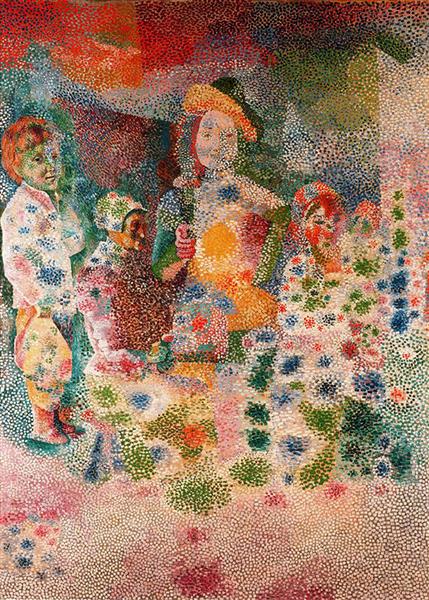
I believe in the parents’ responsibility to shape their children’s world, but also in their ability to correct and change what needs to be changed. Parenting is a skill that goes from infinite tenderness to authority. This can be challenging. It is very difficult to find the right balance between these two poles. However, if one of them is lacking, parenting skills are impeded, and the child’s development is impacted.
Our encounter with our child is composed of our own experiences as children, of our relationship with our partner (if there is one) and of our view on education. Every point of contact with the child relies on this whole complex. Therefore, whether the change to be made concerns one specific aspect of the family’s life or whether it is more structural, family therapy is based mostly on one on one meetings so that each parent can understand and change their own ways of action. Making changes in the life of a child, implies working on the whole family complex. Otherwise, there is no real chance for success.
In my opinion, contrary to common practice, in most cases, children should not be exposed to the therapeutic process. Sharing with them should be accurate and progressive. Children need to experience change and thus internalize a new code of behavior. Sometimes it is done without a word. When reaching adolescence, this leading principle does not change even if the ability to talk with the child is greater. Even though speaking with children and teens, is different, it still belongs to the art of communication. It must be reflected upon and adjusted to the world of the child. This is the way to make changes in the child’s life.

